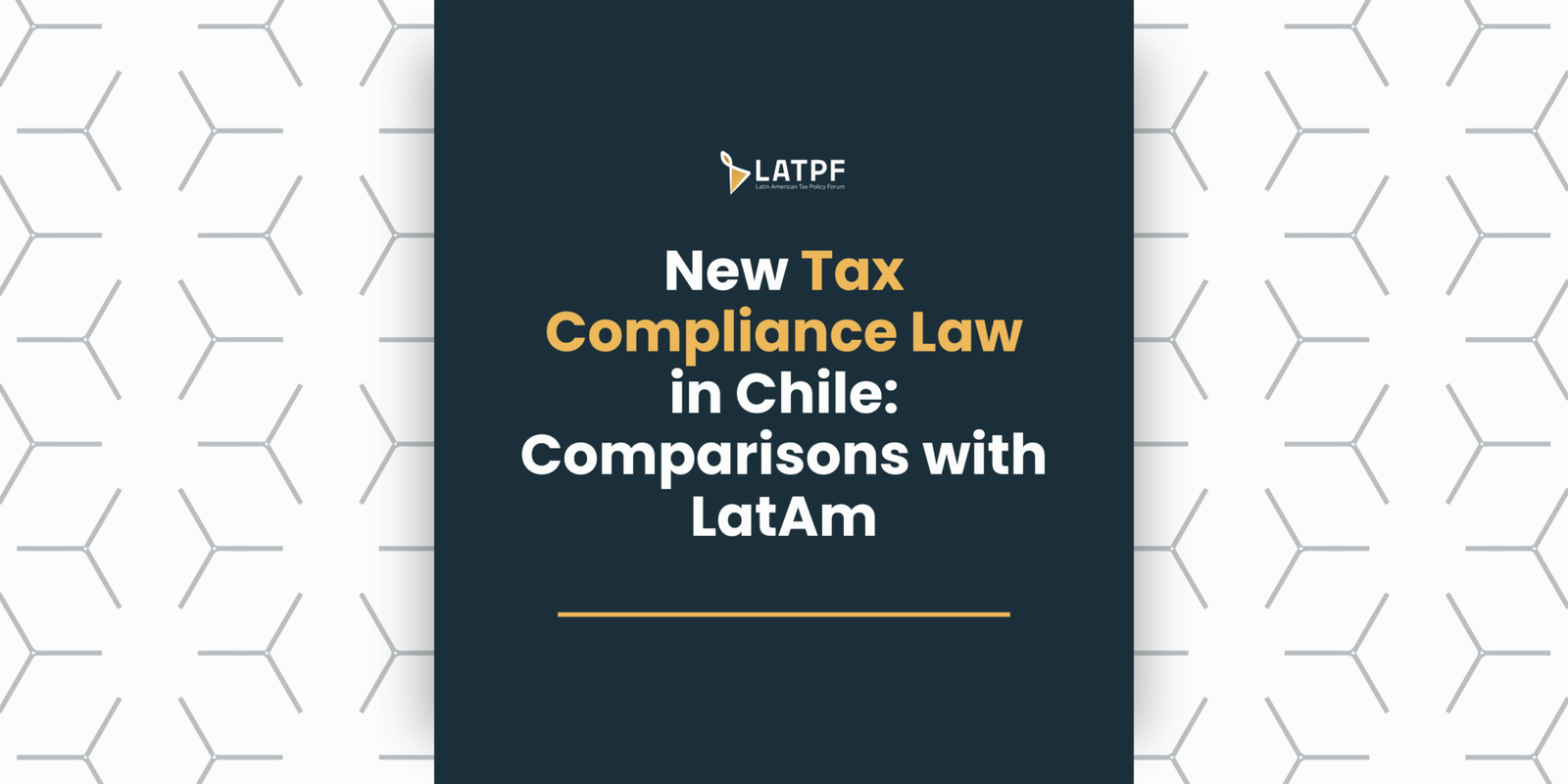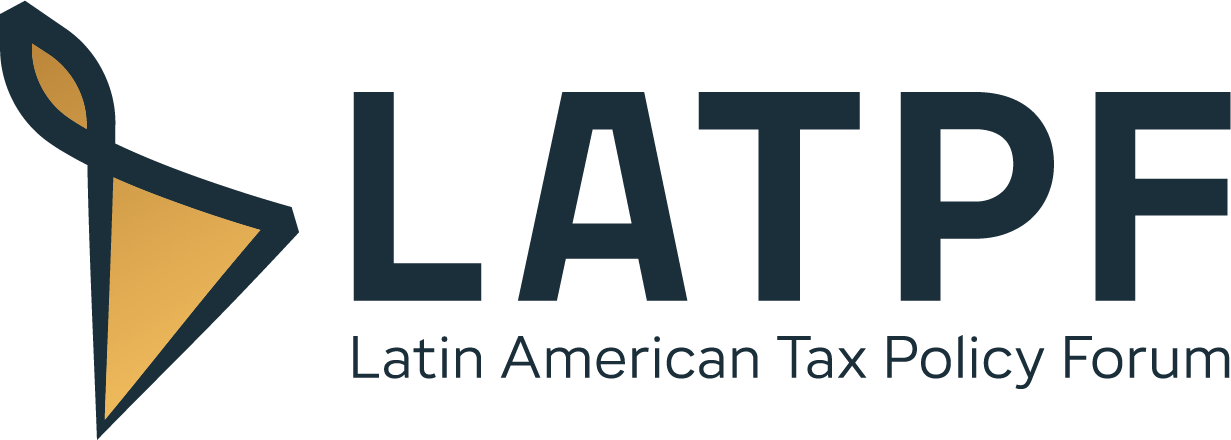📜 Last month, the Chilean National Congress (Congreso Nacional de Chile) approved a new Tax Compliance Law featuring several provisions on themes of anti-tax avoidance, transfer pricing, CFC rules, VAT on digital platforms and even a 12% voluntary disclosure and repatriation tax. Ley 21.713 is part of a wider program of the Ministry of Finance – Chile titled “Pact for Economic Growth, Social Progress and Fiscal Responsibility”.
Here are some highlights of the new law:
✅ Art. 1st modifies Art. 4th “bis” of the Chilean Tax Code to replace the previous definition of “bad faith conduct” for a definition of tax avoidance (“elusión”). The interesting part of this is the change of focus: whether the good faith of the taxpayer is provable or defensible in a given case becomes irrelevant if the tax authority finds that they avoided taxes via “abuse or simulation”. To that one could say that “abuse”, for example, presupposes bad faith, but the definition of abuse in Art. 4th “ter” is very comprehensive (e.g., avoiding tax via one act or a series of acts that do not produce non-tax effects that are “relevant” for the taxpayer or a third party). Art. 1st also addresses the interplay between the GAAR and SAARs (if one applies, the others should not apply and vice-versa).
💡 Compare “abuse or simulation” to the Brazilian Tax Code’s requirement for an “ex officio” tax assessment: “mens rea, fraud or simulation” (Art. 149, VII – https://bit.ly/3UIutVD).
✅ The OECD – OCDE TP Guidelines’ “arm’s length” standard is now formally added to Art. 41-E of the Chilean Income Tax Law. The previous text just featured a reference to “prices, values or earnings in normal market conditions”. Taxpayers can also request a preliminary assessment (“consulta previa”) of whether the local tax authority (Servicio de Impuestos Internos (SII)) would be willing to sign an Advanced Pricing Agreement (APA) with them. The text says that a response shall be given to the taxpayer’s request in up to two months, but it does not establish the preliminary assessment as a necessary condition for the request of an APA.
💡 The term “consulta” is sometimes used by TP legislation in LatAm to refer to the actual APA (which the preliminary assessment, called “consulta previa”, is not – it is more of a pre-APA feasibility analysis). See, for example, the “Consulta de Valoración Previa” in Art. 88 of the Ecuadorian Internal Revenue Code Regulations (https://bit.ly/4fd9Vg0).
✅ So-called “digital intermediation plaforms” are now subject to the Chilean VAT/GST (“Impuesto a las Ventas y Servicios”) – there is an exception, however, for platforms that are strictly engaged in advertising or payment processing. This is the new Art. 3rd “bis” of the Chilean VAT/GST law.
💡 The provision refers to platforms that act as marketplaces for vendors of “goods and services”. Compare this to Resolución General 5319/2023 in Argentina (https://bit.ly/3AlJhmd).


